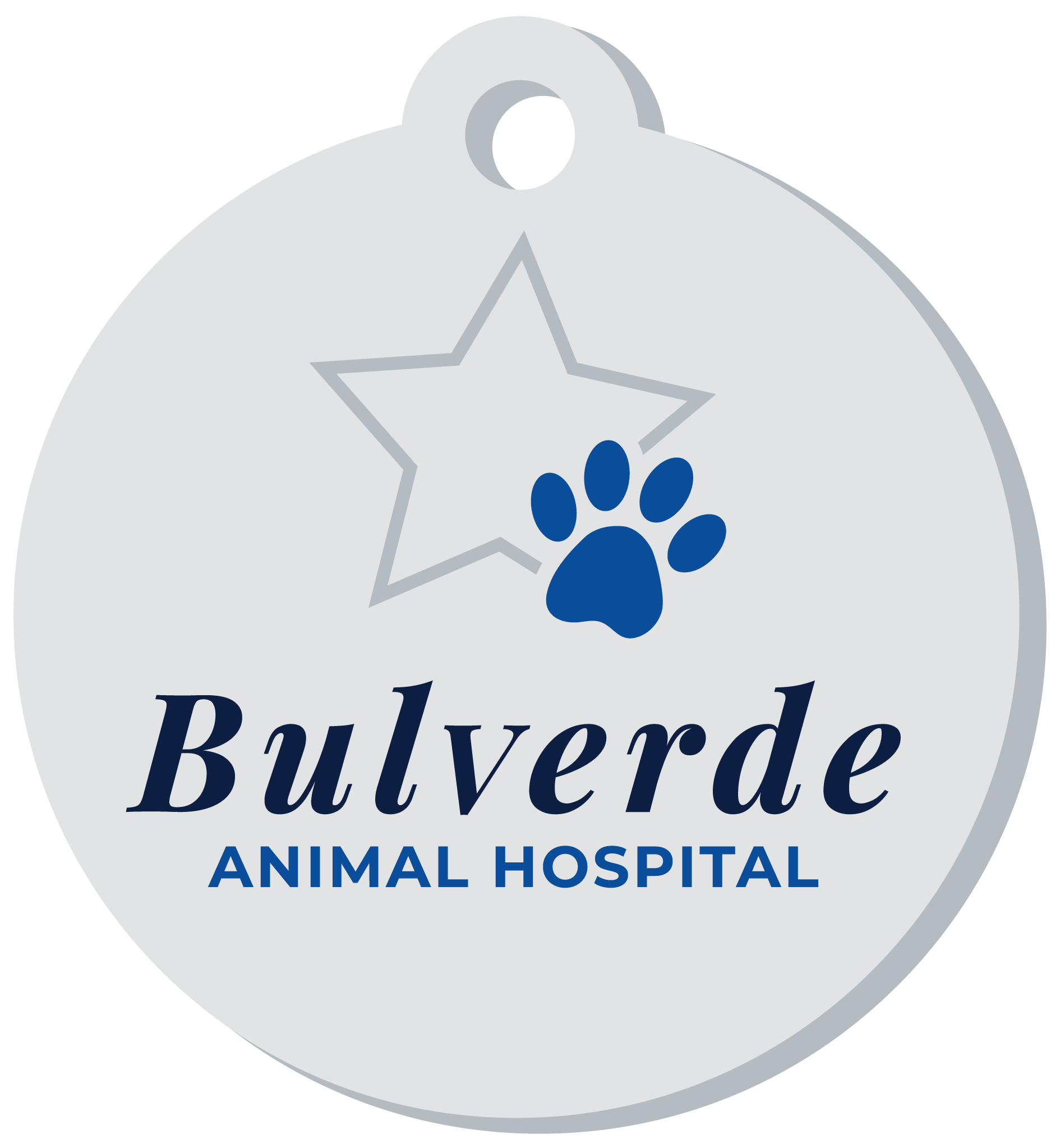Can Dogs Eat Sweet Potatoes?

As a pet owner, you want to provide your dog with the best nutrition possible. With so many foods available, it can be difficult to know which ones are safe for your canine companion. One question pet owners may have is, “Can dogs eat sweet potatoes?” In this blog, we’ll explore the benefits and potential risks of feeding sweet potatoes to dogs. By the end, you’ll have a clear understanding of whether this popular root vegetable is a good addition to your dog’s diet.
The Nutritional Benefits of Sweet Potatoes for Dogs
Sweet potatoes are rich in essential nutrients that can benefit your dog’s health. They are packed with vitamins and minerals, including vitamins A, B6, and C, as well as calcium, potassium, and iron. These nutrients support various bodily functions, such as vision, immune system health, and energy metabolism.
Vitamins and Minerals
The high levels of vitamin A found in sweet potatoes are particularly beneficial for dogs. Vitamin A supports healthy vision, skin, and coat. Additionally, vitamin B6 aids in brain development and function, while vitamin C helps strengthen the immune system. The presence of calcium and potassium contributes to strong bones and proper muscle function.
Dietary Fiber
Sweet potatoes are also an excellent source of dietary fiber, which aids in digestion and can help prevent constipation. A fiber-rich diet promotes regular bowel movements and can reduce the risk of gastrointestinal issues. Including sweet potatoes in your dog’s diet can support their digestive health and overall well-being.
How to Safely Prepare Sweet Potatoes for Dogs
While sweet potatoes offer numerous health benefits, be sure to prepare them correctly to ensure your dog’s safety. Here are some tips on how to safely incorporate sweet potatoes into your dog’s diet.
Cooking Methods
Raw sweet potatoes can be difficult for dogs to digest and may cause stomach upset. It’s best to cook sweet potatoes before feeding them to your dog. Baking, boiling, or steaming are the preferred methods. Avoid adding any seasonings, butter, or oil, as these can be harmful to dogs.
Portion Size
When introducing sweet potatoes to your dog’s diet, start with small portions to see how they react. A few tablespoons of cooked sweet potato mixed with their regular food is a good starting point. Gradually increase the amount if your dog tolerates it well. Remember, moderation is key, as too much fiber can cause digestive issues.
Potential Risks of Feeding Sweet Potatoes to Dogs
While sweet potatoes are generally safe for dogs, there are a few potential risks to be aware of.
Allergic Reactions
Symptoms of an allergic reaction can include itching, swelling, and gastrointestinal upset. If you notice any of these symptoms after feeding your dog sweet potatoes, discontinue use and consult your veterinarian.
Digestive Issues
Introducing a new food can sometimes cause digestive issues. If your dog experiences diarrhea, vomiting, or stomach pain after eating sweet potatoes, it may be best to avoid them. Monitor your dog’s reaction closely and adjust their diet as needed.
Other Ways to Incorporate Sweet Potatoes into Your Dog’s Diet
If your dog enjoys sweet potatoes, there are various ways to incorporate them into their diet. Here are a few creative ideas to add variety and make sure your dog still receives the nutritional benefits of sweet potatoes.
Sweet Potato Treats
You can make homemade sweet potato treats by slicing and baking sweet potatoes. These treats are a healthy alternative to store-bought options, which often contain preservatives and artificial ingredients. Make sure the treats are thoroughly cooked and cooled before offering them to your dog.
Mixed Meals
Adding small amounts of cooked sweet potato to your dog’s regular meals can enhance their nutritional intake. Mix the sweet potato with their kibble or wet food to provide a tasty and nutritious meal. This can be especially beneficial for dogs that are picky eaters or need a dietary boost.
Consulting Your Veterinarian About Changes to Your Dog’s Diet
Before making any significant changes to your dog’s diet, it’s always a good idea to consult your veterinarian at Bulverde Animal Hospital. They can provide personalized advice based on your dog’s health history and dietary needs. Your vet can help you determine the appropriate amount of sweet potatoes to feed your dog and monitor for any potential issues.
Professional Guidance
Your veterinarian is a valuable resource for ensuring your dog’s diet is balanced and healthy. They can recommend specific foods and supplements that complement your dog’s overall nutrition plan. Regular check-ups and discussions about your dog’s diet can help prevent health issues and promote long-term well-being. For more personalized advice on your dog’s diet and to discuss any concerns, call Bulverde Animal Hospital at (830) 438-7200 or request an appointment online.
Recent Posts
About Us
At Bulverde Animal Hospital, our ultimate goals are excellent service to clients, personal growth, and the professional development of our staff. We are a small clinic creating a significant impact on pets' lives.
